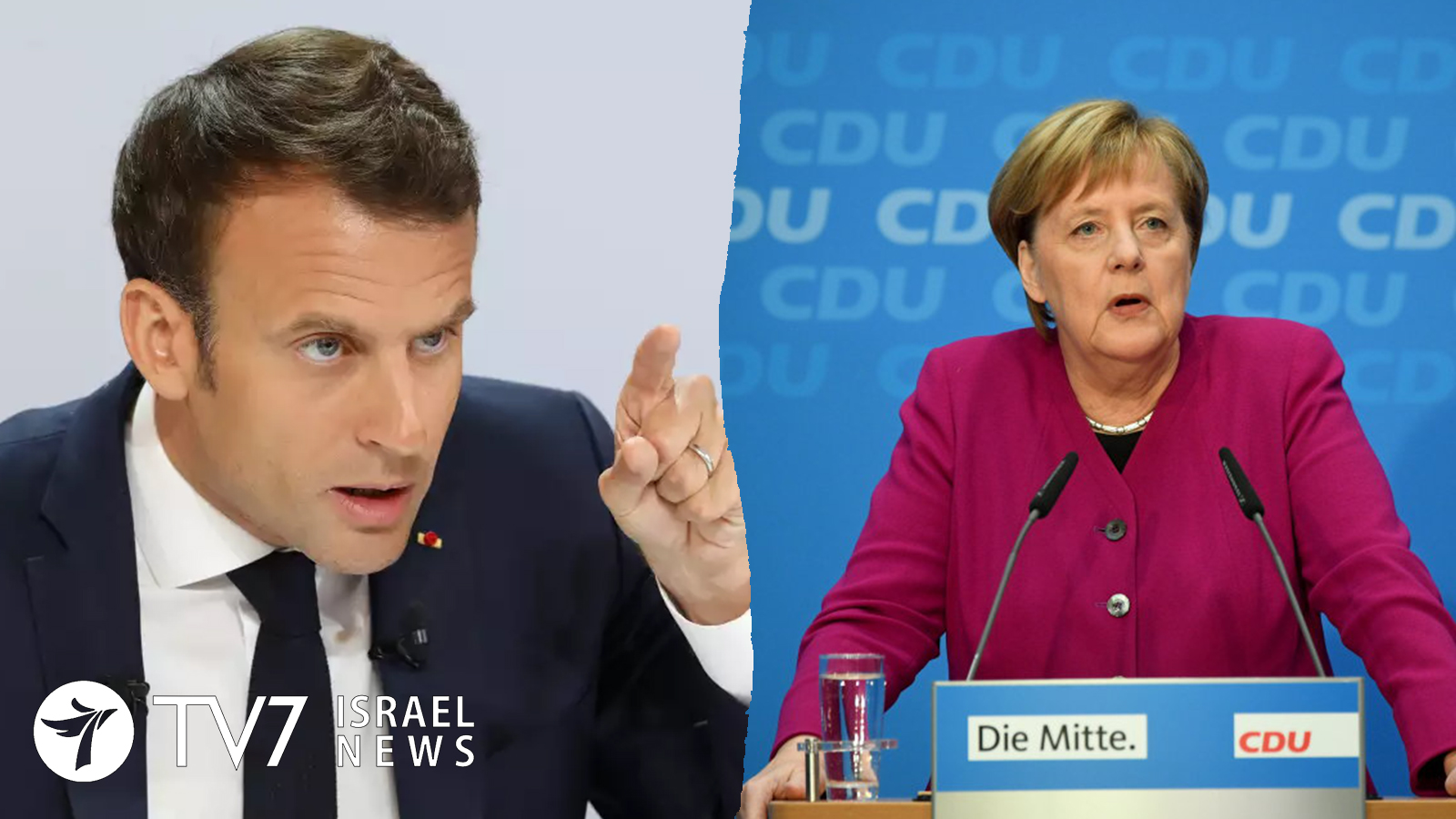The European Union vehemently rejected an Iranian 60-day ultimatum to realize Europe’s so-called obligation to by-pass the U.S. sanctions that have crippled Tehran’s economy. In a written statement published in response to the Iranian ultimatum, the European Union highlighted that it “strongly urge(s) Iran to continue to implement its commitments under the JCPOA in full, as it has done until now, and to refrain from any escalatory steps,” while further emphasizing that the EU “reject(s) any ultimatums.”
During an EU summit in the Romanian city of Sibiu, German Chancellor Angela Merkel reiterated the European Union’s position, that while it is keen on avoiding an escalation with the Islamic Republic, Tehran must recognize that it is in its own interests to remain committed to the deal. The German leader further highlighted the fact that while Europe hopes to preserve the nuclear deal, it does not agree with Iran on its foreign actions and aspirations, including its declared goal of annihilating Israel and its aggressive behavior across the Middle East. According to Merkel: “We do not want an escalation. We want to use further diplomatic means. We know our limits, but the more Europe is united — and this was the common position here — the better chances we have to implement chances and solutions through dialogue.”
While the European Union evidently failed to broaden its so-called Special Purpose Vehicle that aims to by-pass the U.S. sanctions on Iran, limiting its function to the export of humanitarian goods; the Iranian decision to scale-back on its commitments to the nuclear agreement and pose an ultimatum on Europe has infuriated European officials who have warned that unless the Islamic republic reconsiders its position, there will be consequences. Jeremy Hunt, U.K. Foreign Secretary, said: “If they break that deal, then there will be consequences in terms of how European powers react. So we urge the Iranians to think very long and hard before they break that deal. It is in no one’s interest, it is certainly not in their interest because the moment they go nuclear, their neighbors will as well. And so that’s why this is a very serious moment, and we strongly urge them to reconsider what they said in their letter (ultimatum).”
Meanwhile in Beijing, in the face of growing tension between China and the United States, the Beijing government has boldened its position vis-à-vis its economic, trade and energy cooperation with Iran, which it claims, ‘is conducted within the framework of international law.’ While Chinese companies have evidently sought to avoid doing business with the Islamic Republic for fear of U.S. penalties, the Chinese government is stepping up its efforts to convince Washington to avoid punishing its enterprises. Chinese Ministry of Commerce Spokesman Gao Feng said: “China and Iran are important economic and trade partners of each other. China resolutely opposes the United States imposing unilateral sanctions and the so-called long arm jurisdiction against Iran. Over a long period of time, the normal economic and trade and energy cooperation carried out by the international community, China included, with Iran within the framework of international law is reasonable and legal, which must be respected and protected. This is also a common stance taken by most members of the international community.”
These was no official response to the Chinese statement, yet a senior White House official told TV7 that China is trying to use the situation with Iran as a bargaining chip for negotiations on other, more substantive dealings, with the United States. The official, who spoke on condition of anonymity, termed the Chinese statements as “hollow threats” that will not impact U.S. decision making on vital security considerations.
